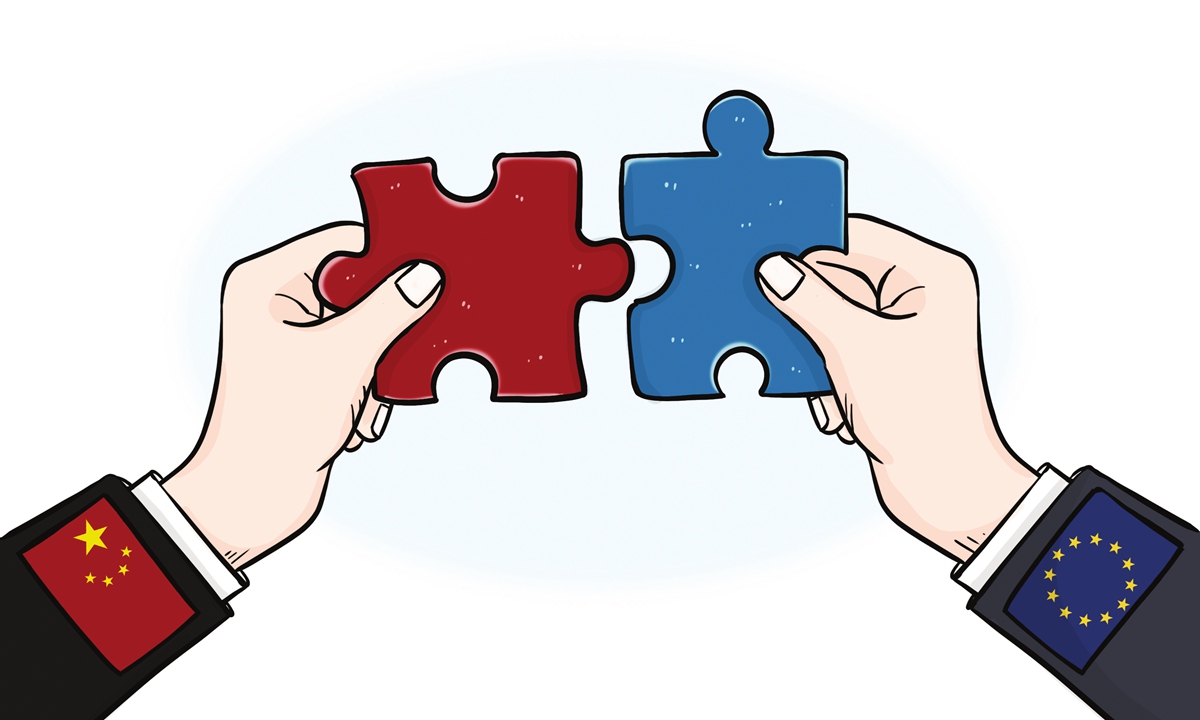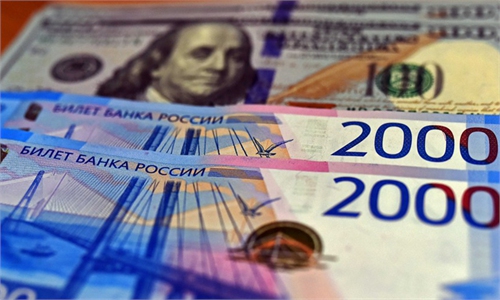
China EU relations
The China-EU summit offers opportunities for repairing and improving relations. But with such opportunities, there lurk serious pitfalls that can interfere.
Back in October 2021, European Council chief Charles Michel agreed to a summit meeting after he spoke with Chinese President Xi Jinping. The idea was to try to repair relations after a sharp downturn owing to the European position on alleged human rights violations in China's Xinjiang.
A date was not announced at that time but later in February 2022, it was agreed there would be an April 1 summit. Economic relations were a primary consideration at that time. However, since then the Russian military operation in Ukraine, a new context for the summit has arisen.
China has taken a responsible position on the Ukraine crisis, calling for diplomacy and negotiations.
The Ukraine crisis has far-reaching implications for European and global security. It is important to recall that the United States, along with Western allies, caused the 2014 coup which brought an extremist regime into power. Western failure in diplomacy and rejection of Russian concerns and proposals led to the present situation.
It seems likely that the Ukraine crisis could overshadow the economic aspects of EU relations with China. This does not have to be the case as economic and political issues can be compartmentalized and removed from the Ukraine issue. In this way, progress can be made through constructive diplomacy and negotiations.
But there are pitfalls. Washington does not want to see improvement in EU-China relations. In fact, US policy aims at disrupting these relations with the goal to contain China and blunt the Belt and Road Initiative which reaches into Europe.
Washington's policy to disrupt China's rise includes diplomatic, economic, military, and information tools. Pressure on the EU to align with Washington's policy is intensifying and the Ukraine crisis is just one example.
Washington hawks seek to continue the old Cold War in a new form. This new Cold War seeks to contain the Eurasian landmass, meaning China and Russia. Washington seeks to rope Europe into containing China and Russia.
The slogan "democracy vs autocracy" surfaced among Washington policy elites in 2005-2006 and carried on into the Obama administration. The Biden administration revived the slogan and placed renewed emphasis on it. The underlying motive is to recreate the bloc system of the old Cold War. Then, the West used the slogan "free world vs communist world".
As can be seen, the new slogan is a simple rhetorical update and the underlying geopolitics are the same. The US intention is to maintain leadership of the "democratic world", the former "free world." Of course, both China and Russia are democracies and have their own systems based on historical, cultural, and political factors.
What direction the EU will follow is an open question. On the one hand, the Ukraine crisis is said to have strengthened NATO and EU unity and cooperation. But is this just a temporary phenomenon?
No one has a crystal ball, but it seems likely that the deep fissures and contradictions within the EU and NATO states will continue regardless of the Ukraine crisis. European elites are divided into two camps. The dominant camp is wedded to "Atlanticism" and Washington.
But another pragmatic camp also exists. In this camp, there are voices supporting "strategic autonomy" as well as broader economic relations with China and Russia. Such a contradiction among EU elites indicates the potential for less unity.
Will the economic impact of various sanctions and the Ukraine crisis lead to severe hardship in Europe in the coming months? Time will tell, but if so, the political climate in the EU will be fraught with uncertainty and volatility.
To foster peace and stability in Europe and in the world, the only path is through cooperation. China, the EU, and the US must cooperate within the framework of the United Nations and international law. The China-EU summit must call for strengthening the UN and for peace and development as desired by the world community.
The author is an educator and former senior professional staff member of the Senate Committee on Foreign Relations. opinion@globaltimes.com.

